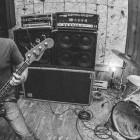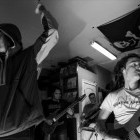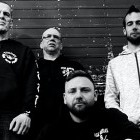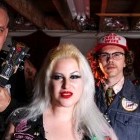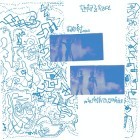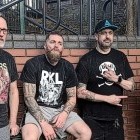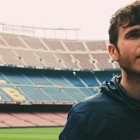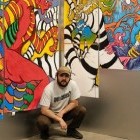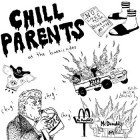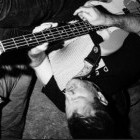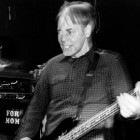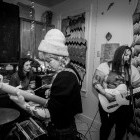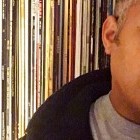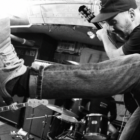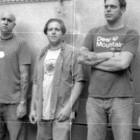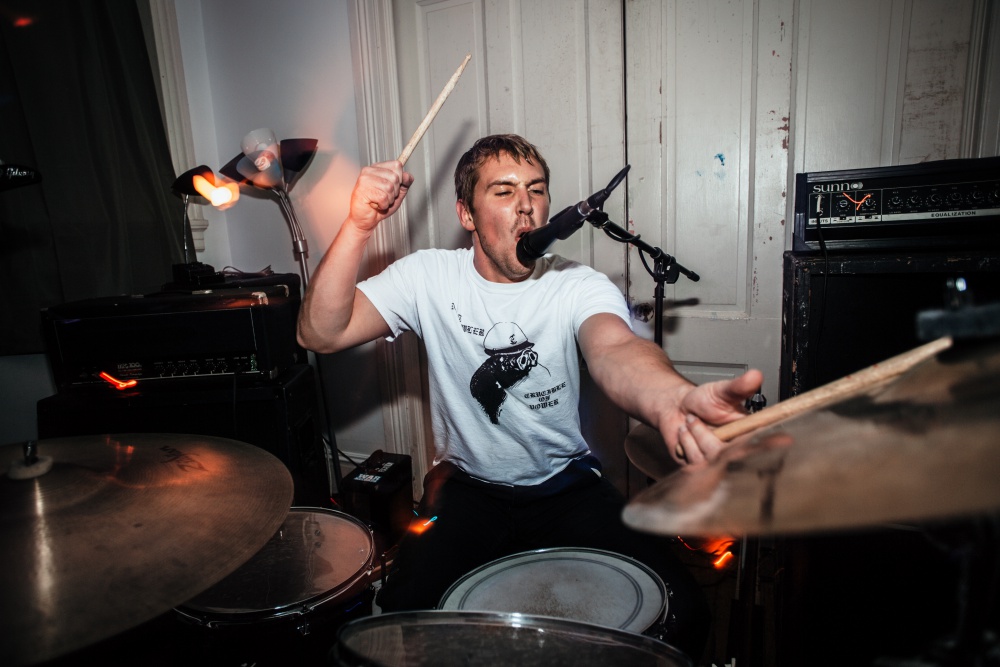
If you’ve had your ear anywhere remotely near to the ground in the hardcore scene you’ve encountered a project by, or involving, multidisciplinary artist Ian Shelton. He’s done numerous interviews and tours off the new release with his power violence project, Regional Justice Center.
Over the course of a two-hour conversation, Shelton touched on a wide array of topics: his inspirations, his creative obstacles, the interplay between his personal objectives and public’s perception of them, and the changes he's gone through to attempt to achieve a more authentic relationship with his art. The result is an exploration of what it means to be creative in the complex tangle of politics, intention, and radical self-reflection within the structures of everyday life: social circles, physical place, punk and art: as concepts and as practice.
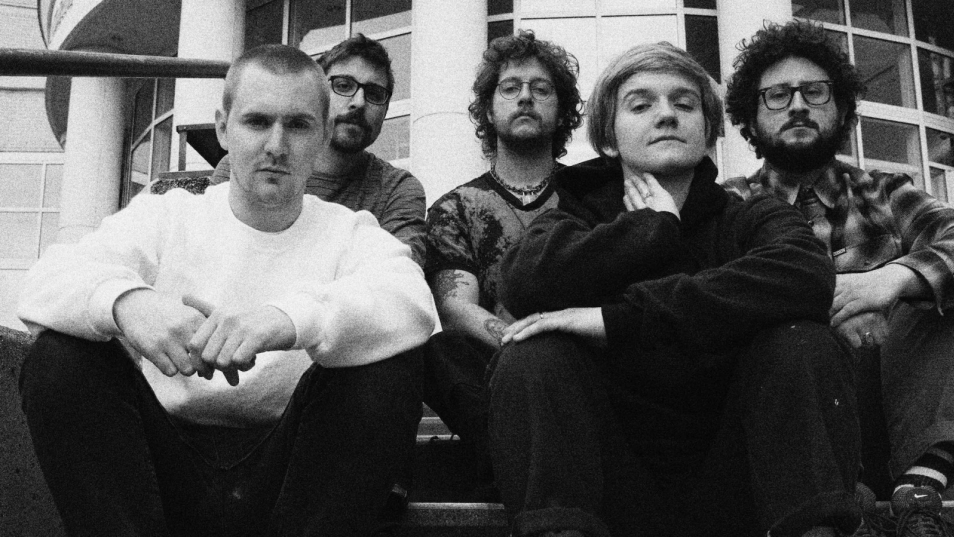
A fundamental struggle for any artist is managing the back and forth between their internal conceptions and the externalization of them through creative output. The ability to look inward and recognize those thoughts and feelings that spur the compulsion to create, and then to actually communicate them to an audience is a hugely complex and intimate process. A process that requires no small amount of emotional intelligence. As such, making art with such hugely personal themes is no small undertaking, and Shelton acknowledges the array of challenges, “I know personally, I've been focusing on trying to actually make a career out of art, and I know that I have to make things that are damning of myself.
"A lot of things in the past couple of years that have really shaped me [have led me] to take a lot of looks at my own bad behavior."
"What a lot of the lyrical themes [in RJC songs] are, is a lot of self-reflection. Looking myself and looking at the way that other people react to others “being bad,” in a way. If someone says something about you it should spur self-reflection, instead of jumping to denying everything someone would say about you.” There are risks in laying bare your most personal emotional assessments for the consumption of the general public, but for Shelton it seems a necessary and worthwhile process.
Shelton struggles less with the potential for misinterpretation of his projects and more with the outside expectations placed on him. “The more that I stopped presenting for other people, the more my relationship to creating became more authentic. Now I don't anticipate putting out a record, I don’t want my friends to hear it. If I create a movie, my friends would be the last people to see it. I'm not going to show it to them, it’s not for them. It's more pressure. And so basically I just stopped acknowledging that pressure.”
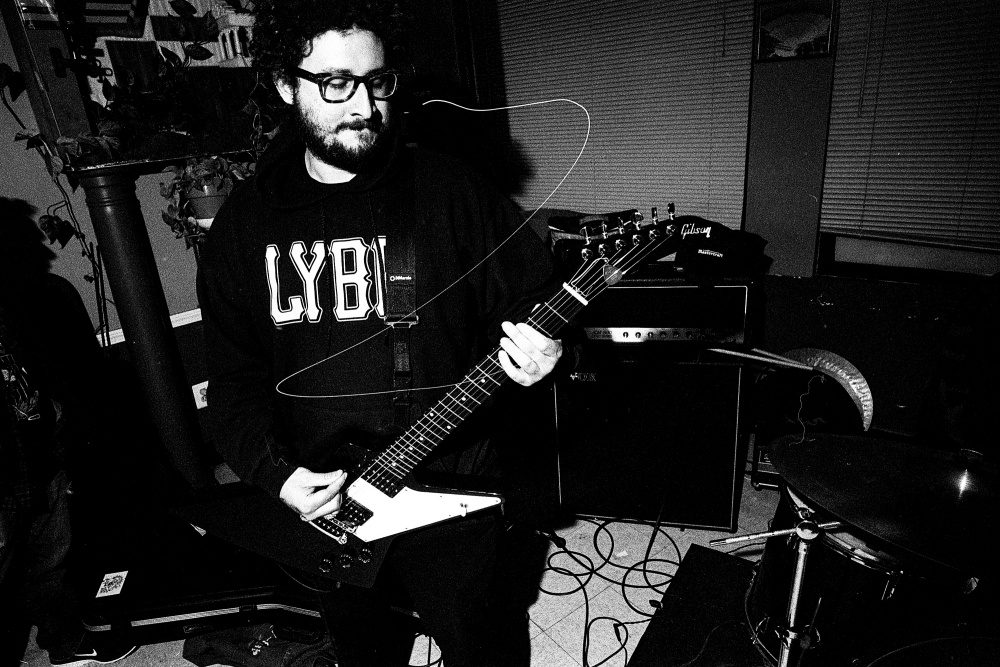
And it’s not just a sense of expectation from those outside influences that stifles art and process. It can also be place. “A couple of years ago I did the Hiding Place tour, I did The Scare tour and then I did the Self Defense [leg] in Europe, [then] I was in New York City for two weeks, I was gone for like two and a half months and that was a moment of having to interact with different people all the time, and realize the way that I presented myself and what and who I was around different people. Being away from the northwest, being away from the social scene, and all those things just like made me be like, ‘oh, this is what I like.’”
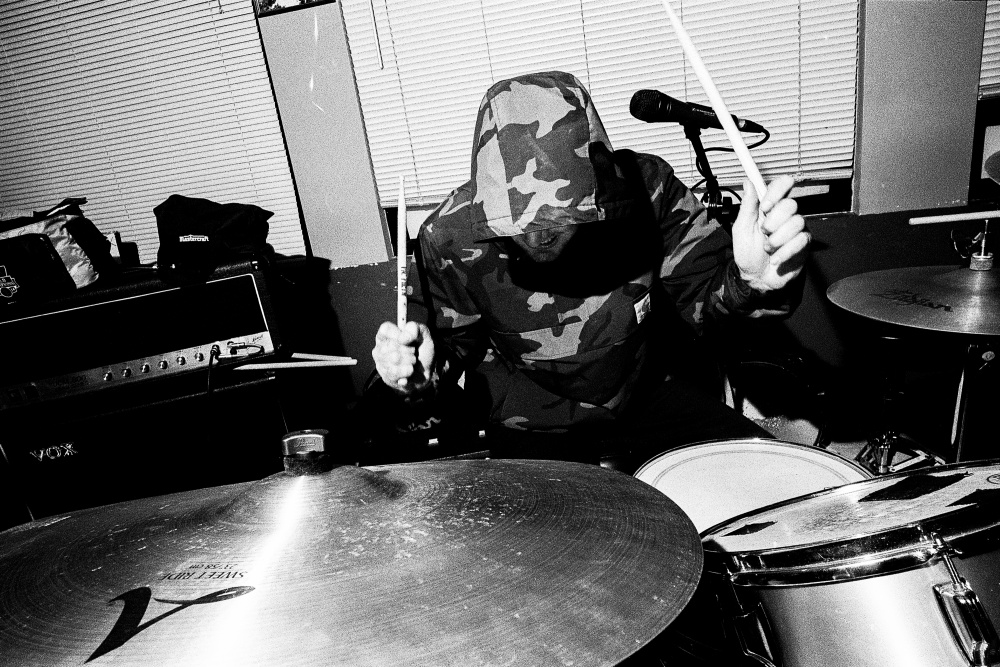
Which leads to World of Inconvenience, the most recent release from Shelton’s hyper-speed, power thrash project, where Shelton has masterfully orchestrated a convergence of the personal and political. "I don't view RJC as a political band, it's completely emotional. People made it like a real big agenda thing, but it's not the point, it's not 100 percent of everything. I wanted to focus on my brother and all the prison stuff, for me, that's anecdotal."
With the suddenly very zeitgeisty topic of prison reform, it can be easy to lose the forest for the trees and read too much into one perceived agenda, while losing all the nuance condensed into eleven minutes of sonic onslaught. That’s not to say Shelton isn’t tuned into the conversation; he appreciates that he’s tapped a cultural vein that many are eager to mine, and he doesn’t shy away from the topic. “My actual emotional relation to the music gets turned into the didactic anti-prison thing, but at the same time it's not that bad because it’s spreading awareness.” Shelton realizes that the power in a message is often showing, rather than telling, “In the interviews I'm not [saying] ‘these evil corporations,’ I'm just saying ‘this is something that I saw happening, I saw Securus [the mega corporation that controls the monetized aspects of incarceration] doing X, Y and Z,’ and I'm just laying out the pieces for everybody and they can draw their own conclusions.”

By laying bare not only the facts of his actual experience, but also channeling them through a medium that does nothing to hide the feelings of frustration and powerlessness they inspire, Shelton is able to blur the delineations between ‘art with meaning’ and ‘art with a message’ in a truly unique way. Then how does a divergent public perception affect the authenticity of a project? If what’s understood is only a piece of what’s being communicated, is it still an effective narrative and does that even matter? Shelton doesn’t believe so, “I mean, as soon as art leaves your hand [it’s open to interpretation] — and that's something that I embrace. I would rather people completely misinterpret me than me explain it to them."
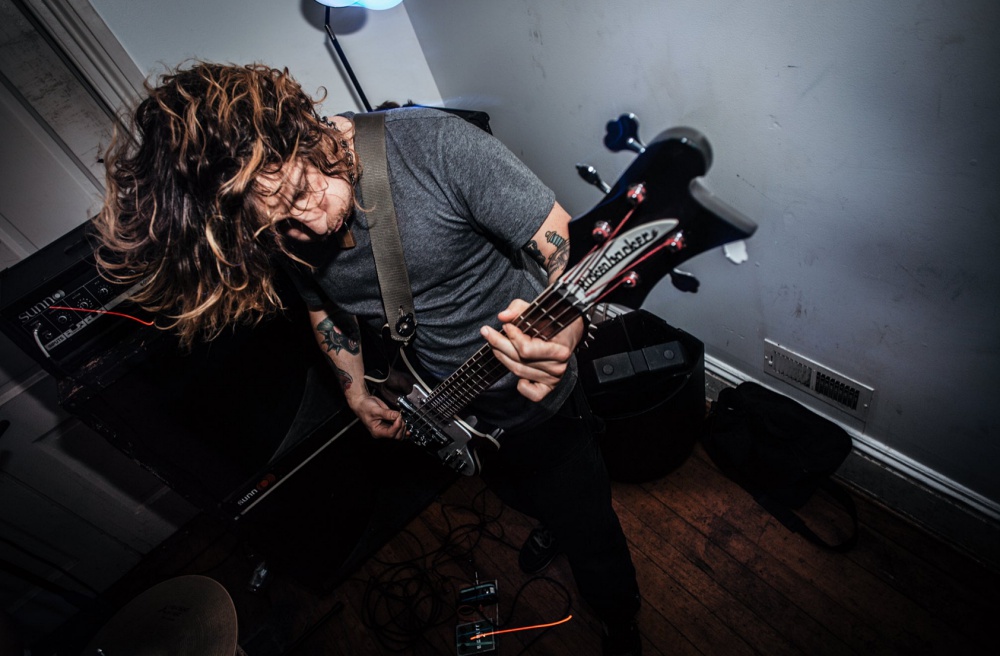
As the record began to circulate more widely, it became obvious to Shelton that there was a universality within the music and lyrics, that although his project presents topics that few have similar first-hand experience with, people were able to connect. "It started to turn around to where people started telling me the way that they started relating to it, and their own experience. Certain people in bands that I respect, people at these publications, started talking to me about it and I was like, 'oh, a lot of people have this same thing going on.’ " There is a distinct difference between relating to a lived experience and relating to the feelings provoked by it, the former very specific, the latter universal. RJC is able to touch on both, and Shelton captures the dichotomy will when framing two integral themes, first structural, “it's a helpless thing...you can't do anything to change the prison system,” and also individual, “There’s that feeling of helplessness, that you can't change a person.”
That people were able to see past the initial framing of the album comes as no surprise, and is no small triumph to Shelton. “I just think that's the nature of true art. I think that that's what the people are going to grasp onto when it's not explained to them, when it's not spoon fed. They get to have their own relationship to it, to the politics of it. Instead of me telling them just how to feel about this thing.” And further to that point, Shelton has no interest in explaining himself, “I don't want to convince anyone about anything. They complete their own thought that's different than my opinion on it. I don't have the desire to control people. That's, that's not for me.”
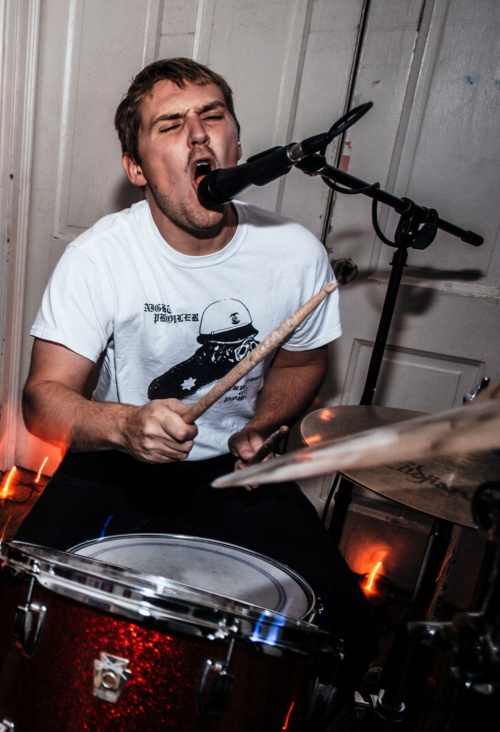
Is the key, then, to present most authentically, and hope that the audience engages on a meaningful level? And is that the end? What do people expect out of their art, both as creators and consumers?
When asked if believes he’s going to change anything with his art, Shelton is emphatic, “100 percent, never! Never. I mean maybe [it might] change one person's mind or something, but I just I hope they'll be able to get something out of it emotionally, not in a really mental, cerebral way.”
For Shelton, it seems the means is the end. The creation, consumption of, and reaction to the art is the whole point, not to indoctrinate.

Whenever putting something out there there’s going to be a reaction, whether it be positive or negative. Part of being an artist is understanding that the art is merely the catalyst, the spark in a chain reaction of filters, perceptions, and interpretations informing the consumer’s perception of it. Shelton has no problem recognizing this delineation, “I love stirring people up, I love making people mad. But at the same time, if that's your instant reaction, you don't get it and you should stay away from everything I make for the rest of time because I'm never going to explain it. I'm never going to spoon-feed it. I'm going to intentionally try to make it harder so you have to draw your own conclusion about it.”
***
World of Inconvenience is out now and available at this link. Follow Regional Justice Center on Twitter.
Regional Justice Center tour dates:
01/8 - Philadelphia, PA @ No Face Studios (w/ Fixation)
11/9 - Oakdale, NY @ Shakers (w/ Fixation)
11/10 - Providence, RI @ As220 (w/ Fixation)
11/11 - Western Mass @ Cold Spring Hollow (w/ Fixation)
12/11 - Seattle, WA @ Black Lodge (w/ Self Defense Family and Candy)
12/12 - Portland, OR @ Black Water (w/ Self Defense Family and Candy)
12/14 - San Francisco, CA @ Thee Parkside (w/ Self Defense Family and Candy)
12/15 - Long Beach, CA @ For The Children Fest (w/ Self Defense Family and Candy)
12/16 - Fullerton, CA @ Programme Skate and Sound (w/ Self Defense Family and Candy)
01/6 - Tampa, FL @ FYA Fest (w/ Terror, Backtrack, Death Threat, Candy, and many others)
Tagged: regional justice center



